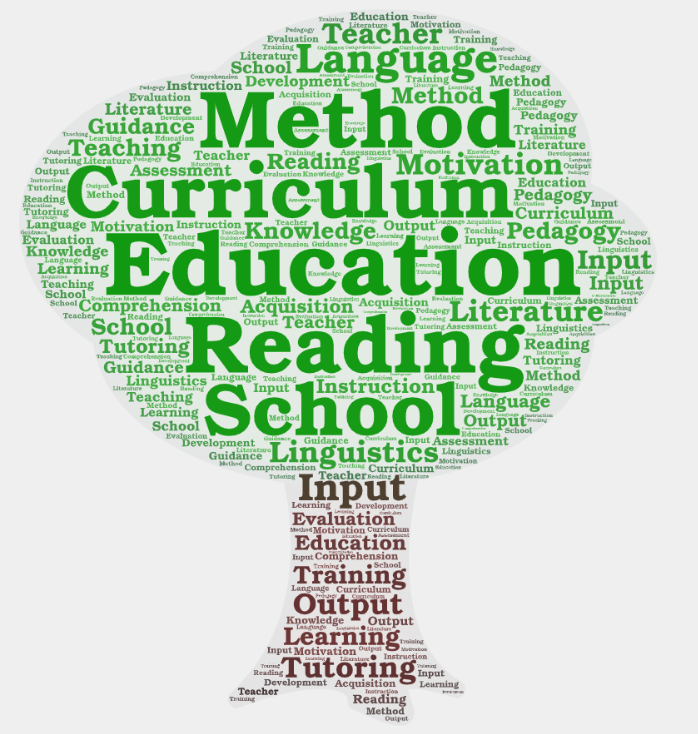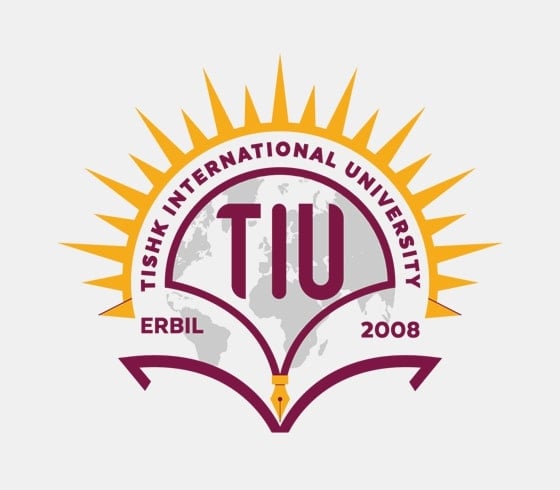volume 4 issue 1 article 10
What Global Education Should Focus on
Author: Mustafa Altun1
1Department of English Language Teaching, Faculty of Education, Ishik University, Erbil, Iraq
Abstract: As globalization raises new threats, so does the need to be globally skilled. The ability of teachers to be globally capable will allow them to participate in and explore solutions to issues in society. In the 21st century people are faced with more complicated events than they used to be and their global ability to interpret these things in confidence is more important than it used to be. Teachers have the key role to encourage people to deal with global issues as they are at the center of learning. Teachers are at the heart of every educational system. In order to help people to be aware of global issues, their professional development holds a very significant place. If teachers are not educated at a sufficient quality level, they are not expected to find solutions to global problems. This paper defines global education from different perspectives and stresses the elements global education should focus on.
Keywords: Global Education, Culture, Respect, Global Issues
References
Anderson, L. (1979). Schooling and Citizenship in a Global Age: An Exploration of the Meaning and Significance of Global Education. Bloomington, Indiana: Indiana University Press.
Brodbelt, S. (1979). Education for an interdependent future. The Social Studies, 1, 11-15.
Hanvey, R.G. (1976). An Attainable Global Perspective. New York: Global Perspectives in Education.
Long, H. M., & King, R. N. (1964). Improving the teaching of world affairs: The Glens Falls story. Washington, D.C.: National Council for the Social Studies.
Ludwig, B. (1977). Adding a global dimension to the school curriculum. National Association of Secondary School Principals Bulletin, 409, 121-1271.
Morris, D. (1977). Global education in elementary schools: Implications for curriculum in construction. Social Education, 38-40.
Michigan State Department of Education (1979). Guidelines for Global Education. Lansing, Michigan: Michigan State Department of Education.
Merryfield, M. (1990). Teaching about the World. Teacher Education Programs with a Global Perspective. Columbus: Ohio State University.
Merryfield, M. (1998). Pedagogy for global perspective in education: Studies of teachers’ thinking and practice. Theory and Research in Social Education, 26 (3), 342–379.
Tye, B. (1990).Schooling in America today: Potential for global studies. In K. Tye, Global Education: from Thought to Action (pp. 36–48). Alexandria, VA: Association for Supervision and Curriculum Development.
International Journal of Social Sciences & Educational Studies
ISSN 2520-0968 (Online), ISSN 2409-1294 (Print), September 2017, Vol.4, No.1
Journal Metrics
Keywords


Contact Info
Fakhir Mergasory School, Erbil, KRG, IRAQ
Email: [email protected]
